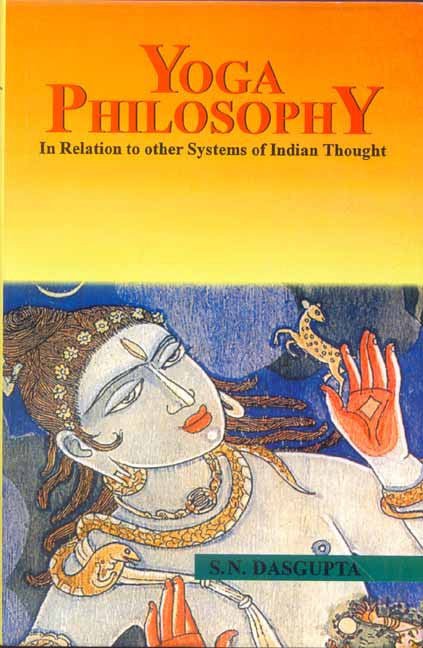All Questions
Submit new postShowing posts tagged as Charvaka
Charvaka (Sanskrit: चार्वाक; IAST: Cārvāka), also known as Lokāyata, is an ancient school of Indian materialism. Charvaka holds direct perception, empiricism, and conditional inference as proper sources of knowledge, embraces philosophical skepticism and rejects ritualism, and supernaturalism. It was a very popular belief system in India before the emergence of Jain and Buddhist tradition. Brihaspati is usually referred to as the founder of Charvaka or Lokāyata philosophy. During the Hindu reformation period in the 600 BCE, when Buddhism and Jainism arose, the philosophy was well documented and opposed by the new religions. Much of the primary literature of Charvaka, the Barhaspatya sutras, were lost either due to waning popularity or other unknown reasons. Its teachings have been compiled from historic secondary literature such as those found in the shastras, sutras, and the Indian epic poetry as well as in the dialogues of Gautama Buddha and from Jain literature.One of the widely studied principles of Charvaka philosophy was its rejection of inference as a means to establish valid, universal knowledge, and metaphysical truths. In other words, the Charvaka epistemology states that whenever one infers a truth from a set of observations or truths, one must acknowledge doubt; inferred knowledge is conditional.Charvaka is categorized as a heterodox school of Indian philosophy. It is considered an example of atheistic schools in the Hindu tradition.
Welcome to HMW!
This site is for discussion about Hinduism.
You must have an account here to participate. Its free to use this site.
Suggested for you
Books based on Hinduism
Click here to Buy From Indic Brands
"Indic Brands" is a curated marketplace of remarkable brands that value and celebrate our cherished cultural heritage.
We do NOT offer personalized advice based on Astrology.
